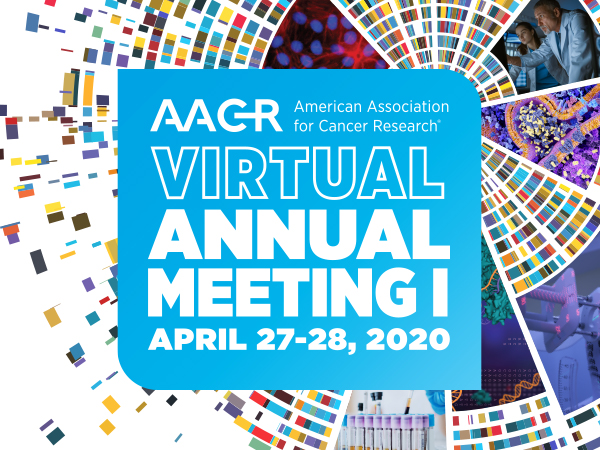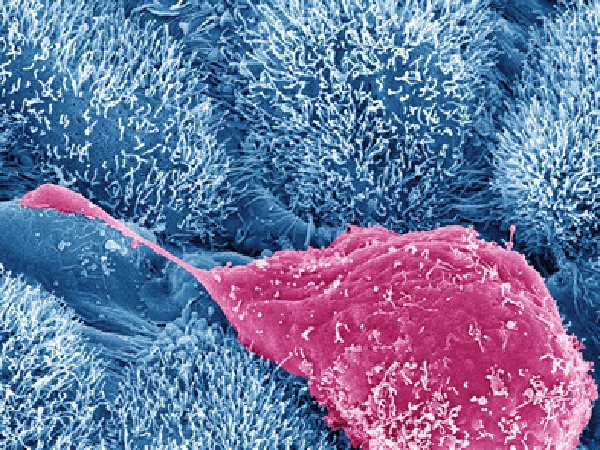Chemistry Underpins Upcoming Targets Meeting
Guest post by Martin Swarbrick, PhD

The Chemistry in Cancer Research (CICR) Working Group, one of several American Association for Cancer Research (AACR) working groups, aims to highlight the critical role of chemistry in the treatment of cancer. This is accomplished by enhancing communication among the international community of researchers who share a passion for chemistry in cancer research; educating, informing, and augmenting chemistry knowledge and capabilities in cancer research through AACR programming; and supporting the needs and development of current CICR members while growing new membership.
Through its LinkedIn Group, the CICR’s Communications Subcommittee promotes the important contribution of chemistry to cancer research, highlighting new drug approvals, current trends and hot topics, and other news of general interest to the community. All cancer researchers are warmly invited to connect with the group and join in the discussion, which includes live posting from major annual AACR meetings.
The annual AACR-EORTC-NCI Conference on Molecular Targets and Cancer Therapeutics attracts an international audience of researchers from academia and industry, and the upcoming virtual meeting presents another great opportunity to celebrate the impact of chemistry in cancer research. High-quality synthetic and medicinal chemistry are critical in research that will be shared in the ever-popular New Drugs on the Horizon sessions (Plenary Sessions 2 and 6), and in the investigation of new modalities such as tumor-targeted conjugates (Plenary Session 1) and protein degraders and molecular glues (Plenary Session 9). The boundaries of “traditional” medicinal chemistry are also tested when it comes to Drugging Difficult Targets (Plenary Session 5) and Protein-Protein Interaction inhibitors (Concurrent Session 9).
The CICR Working Group will also be hosting a Town Hall during the meeting, on Friday, Oct. 8, from 4-5:15pm ET, at which Joachim Rudolph, PhD, (CICR Chair 2021-22) will give a brief introduction and overview of the Working Group. In keeping with the themes of new modalities and difficult-to-drug targets, there will then be perspective talks from Alessio Ciulli, PhD, (bivalent degraders), Angela Koehler, PhD, (transcription factors) and Eric Fischer, PhD, (molecular glue degraders), followed by a panel discussion.
The conference runs from October 7-10, and we invite everyone to join us for the CICR-sponsored Town Hall and to join in the discussion, at the live sessions and through our LinkedIn group.
Martin Swarbrick, PhD, is chair-elect of the Chemistry in Cancer Research Communications Subcommittee. He is the director of R&D Chemistry at Ryvu Therapeutics SA in Krakow, Poland.




Great article source to read. Thank you for sharing this info